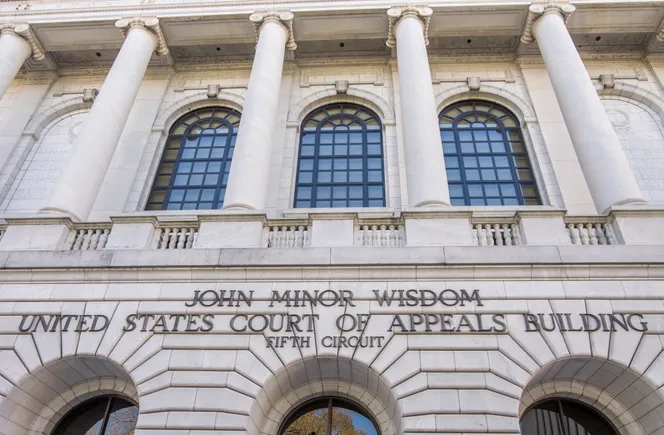Dive Brief:
- The U.S. Equal Employment Opportunity Commission has continued its focus on discrimination and harassment in the construction industry, settling three lawsuits against building firms in recent weeks for a combined total of more than $2.9 million.
- The agency settled a racial harassment and retaliation suit against Sorrento, Florida-based plumbing and HVAC contractor J.A. Croson for $1.6 million; a race discrimination claim against Hammonton, New Jersey-based Asphalt Paving Systems for $1.25 million; and a sexual harassment complaint against Balfour Beatty Infrastructure, which has U.S. headquarters in Atlanta, for $80,000, according to court documents.
- “This case underscores the urgent need for the EEOC’s ongoing efforts to eliminate racism in the construction industry,” said EEOC Chair Charlotte A. Burrows in a news release detailing the settlement with Asphalt Paving Systems. “The EEOC will continue to use all its tools — including vigorous enforcement and litigation where necessary — to address these systemic problems and promote safe and inclusive workplaces for all.”
Dive Insight:
None of the firms involved in the three settlements admitted wrongdoing.
In the first case, the EEOC alleged J.A. Croson subjected Black and Hispanic workers to racial slurs, derogatory language, the display of a Confederate flag and degrading and humiliating work assignments based on race and national origin. The firm did not respond to Construction Dive’s request for comment.
At Asphalt Paving Systems, which focuses on pavement preservation, recycling and reconstruction as well as materials testing services, the EEOC alleged that Black employees were subjected to severe, frequent harassment because of their race, including being called racial slurs.
It also claimed they were subjected to physically threatening conduct where supervisors brought guns to work — and one supervisor allegedly reached for a gun in one instance. In a news release, EEOC said APS took no action to correct the behavior.
But in a statement, APS attorney John Palladino told Construction Dive the firm implemented mandatory EEOC training for all its supervisory personnel and set up a reporting hotline to address any issues, even before the agency asked it to do so. He also noted that the firm denied the allegations in the complaint, particularly that employees reported their concerns to senior management. The company decided to settle to avoid the cost and manpower of going to trial, according to Palladino.
“Having said that, this matter has served the admirable purpose of heightening sensitivity to any and all issues related to discrimination in the Asphalt Paving Systems workplace,” Palladino wrote.
The suit against Balfour Beatty alleged that the company subjected a woman employee to a sexually hostile work environment in Craven County, North Carolina, and retaliated against her by transferring her to a less desirable work location when she complained. A co-worker allegedly sent the woman inappropriate texts and promised to teach her how to drive a bulldozer if she sat on his lap. The agreement said the parties settled in order to resolve the issue and avoid further costs of litigation.
In a statement emailed to Construction Dive, Mark Konchar, Balfour Beatty U.S. president, civils, said, “We are committed to providing a workplace where everyone feels respected and valued. While this matter has been settled, we have no tolerance for unacceptable behavior. We expect all our people to be respectful and inclusive and to hold each other to account. By having a workplace that allows everyone to reach their full potential we will become an even better business.”
Increased scrutiny
The settlements come amid an intensified scrutiny by EEOC of the construction industry under President Joe Biden’s administration.
The agency, which is responsible for enforcing federal laws prohibiting discrimination in the workplace, singled out construction in its five-year road map for enforcement, issued a scathing report about racist and sexist harassment on building sites and published a guide to recommended best practices for AEC firms to prevent discriminatory behavior at work.






Leave a Reply